The whirlwind of IoT revolutions and connected devices have engulfed the IT industry today, combining the best of both programming and device hardware. Not only has it opened new promising horizons for IoT developers and companies, but IoT app development tools also enables creation of remarkable products in narrow time frame. The multifaceted field of IoT is growing into something of an unstoppable drive.
Already 57% of companies have adopted IoT technologies, and this number is likely to mushroom by 2020. So how can you approach the idea of building IoT-enabled apps? For that you need robust IoT app development platform and tools.
Here is the list of the 10 most significant and popular IoT app development tools.
#1. Arduino

Arduino is a perfect option for better optimization of your IoT activities. It is an easy-to-use prototyping platform with a hybrid collection of software and hardware solutions.
The data from active IoT sensors is processed by the master brain Arduino itself. Building projects are effortless with Arduino that comes with a microcontroller facilitating the proper working of IoT devices so far.
Features
- Easy for beginners and professionals.
- Simplified device registration
- A mobile dashboard on the go
- Quicker Integration of essential tools
#2. Tessel 2
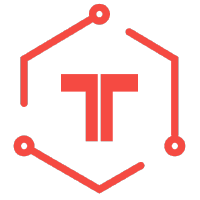
Popular as one of the robust technologies supporting IoT or AI-driven systems. This is very much used in building basic prototypes or IoT systems. Tessel 2 is useful as it can integrate numerous sensors & modules resulting in supreme IoT based solutions.
Tessel is successfully offering hardware applications and active servers for working systems. IoT management is smoother with open source projects like Tessel 2.
Features
- Extremely reliable wi-fi.
- Efficient power management.
- Robust and speed solution.
- Can be programmed using NodeJS.
#3. OpenScada

OpenScada, being one of the popular IoT development tools are produced by Eclipse IoT groups. The tool opens up for guaranteed security and flexibility concerns on connected systems.
Many companies compile OpenScada tools for building advanced and superior IoT applications which is very necessary today.
Features
- Supports editing/Debugging
- Supports several programming languages
- Includes various distinctive tools
- Simple and easy -to- use.
Read Also : Top 10 IoT Trends to Expect in the Future
#4. Node Red
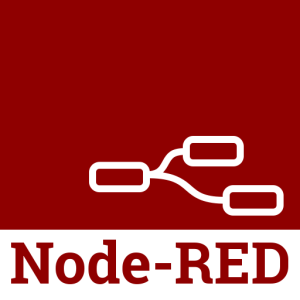
Node Red is widely used in major IoT projects today. Developed by IBM, it offers amazing modules to connect APIs services and devices with very less errors.
Developers can easily integrate or connect devices, resulting in better IoT device management. Node red gives out a well-defined purpose or function nodes in the flow-based programming of IoT devices.
Features
- Well explained tutorials for beginners.
- Easy streamlining of IoT applications.
- Open Source logic engine
- User-friendly experience.
#5. Home Assistant
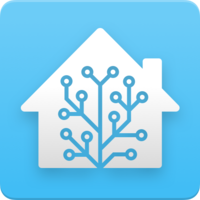
Smart home Automation is easy with the open-source tool Home Assistant. Desktop browsers or mobile devices are used for monitoring a home assistant. This open-source tool is best for privacy, security, and operation management.
Factors that slow down internet activities are hindered by the home assistant system itself. The tool is operational on local networks. The latest versions even help in monitoring battery levels of smart devices.
Features
- Amazing sensor control
- Reliable systems eliminating bugs
- Python-based coding system
- Trusted for operations.
#6. Device Hive
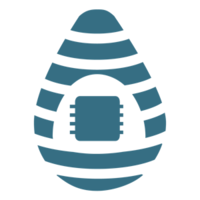
One of the leading IoT data platforms with a wide range of integration and customization options.
Device hive supports various programming languages and can integrate with any other Device clouds and plugin services IoT devices are easily manageable via device Hive. Visualize data source and dashboard for IoT management is easily organized in Devicehive.
Features
- Integrate multiplatform libraries
- Scalable hardware systems
- Easy smart device communication & management
- Monitor multi-device connectivity
#7. Raspbian
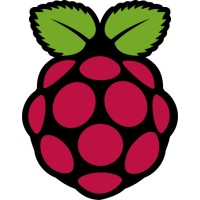
IoT tech enthusiasts have invested their efforts in creating an awesome IoT development tool till time. And it is Raspibian. The major advantage of IoT technology is that Raspbian installation is with the use of pre-compiled software.
Smart interconnected devices are easier to control using the Raspbian tool. The tool is mainly used in Raspberry Pi for home automation.
Features
- Provide optimal customization tools.
- Over 35000 precompiled packages.
- Improved stability and performance
- Easy to use UI
#8. Canopy
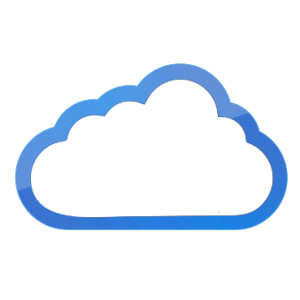
Canopy is a winning Open source platform that lets users control and manage connected devices as a whole. It is so popular for its advanced features that give an entirely new customer experience and engagement.
The major advantage falls on its early capability of identifying issues on IoT systems and remotely control them with triggered notifications. The canopy also offers a cloud-based portal that allows users to review their project reports and easy integrations of critical IoT applications.
Features
- Real-time dashboard feature
- Exclusive configurable KPIs
- Reduced operational costs
- Increased visibility of devices.
#9. Zetta
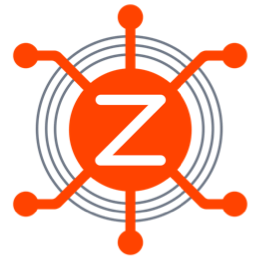
Zetta is a well known open-source platform creating top IoT servers that are active on remote networks. It gives connected devices amazing visibility and assembles them into real-time data-intensive applications.
Zetta works best with microcontrollers like Arduino leading to cloud-based management. The tool helps in abstracting the hard to build IoT systems into feasible projects at a lesser period.
Features
- Optimized for data-intensive apps.
- Run across global systems.
- Efficiently manage connected devices.
- Powerful API communication.
#10. Devicehub
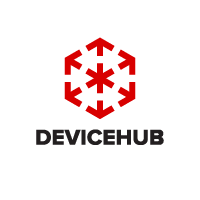
Developers easily work with Devicehub for creating successful IoT app stories. It helps in monitoring integrated IoT solutions along with cloud integration. It uses the platform as a service for hardware/mobile developers to gauge smart device users and multiple such devices remotely.
Devicehub has organized several automated fleet solutions, vending machines, etc which has been so relevant and useful for users. It is the starting point for beginner or professional developers for creating IoT devices.
Features
- Flexible integration of hardware/web technologies
- Deliver scalable app solutions
- Highly secure communication systems
- User-friendly interface.
Read Also : Impact of IoT on App Development 2020
Concluding Note
To fuel up the progressive trend of IoT, many of the software providers are coming up with app development tools that will help developers create novel IoT devices and apps.
Choosing the right IoT app development tool is a matter of usage, comfort, popularity of opinions and suitability for the type of development project. You can choose to collaborate with IoT development specialists for further assistance in your next IoT project.

